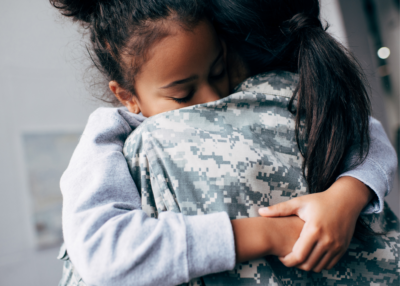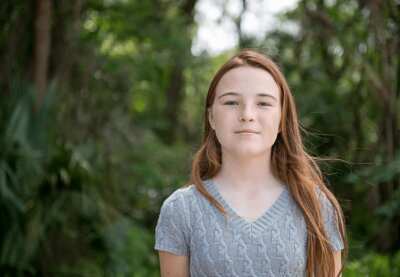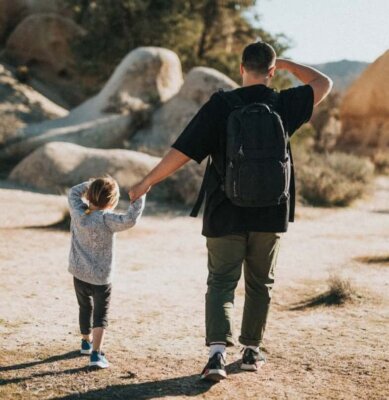How to talk to your kids about the flooding at Camp Mystic

Adapted for parents from Jim Denison’s Daily Article
We have all heard about the powerful storm that caused the Guadalupe River in the Texas Hill Country to rise twenty-six feet in just forty-five minutes. Camp Mystic, a Christian summer camp for girls, was directly in the path of the flood.
Tragically, at least 27 girls and young women (campers and counselors) are missing or lost their lives. Others remain missing, and the surrounding area has also suffered devastating loss. In Kerr County alone, at least 95 people, including many children, were killed by the flooding.
These are not just numbers. These are families. These are kids who packed their bags for camp with joy and anticipation. These are moms and dads waking up to unspeakable grief. So many of us sent or will send our kids to summer camp this summer and none of us could ever imagine this being the outcome.
As Christian parents, we may feel helpless and we may not know how to talk with our own kids about this tragedy. Whether or not your child knew someone at Camp Mystic, this event hits close to home for many of us raising children to know and love Jesus. It feels deeply personal because it is deeply personal. These are our brothers and sisters in Christ.
So how do we respond?
Be present and honest with your kids.
Your child might hear about this at school, from a friend, or on the news. Be the one to initiate the conversation. You don’t have to explain everything perfectly. Say something like:
“There was a big flood at a Christian camp in Texas, and some kids and adults died. It’s really sad, and a lot of people are hurting right now.”
Let them ask questions. Remember that, “I don’t know” when you don’t know is a good and fair answer. Remind them:
“God is close to the brokenhearted. He cares when people are hurting. We can talk to him about this.”
Invite your family to grieve with hope.
The Bible tells us to “weep with those who weep” (Romans 12:15). It’s okay for kids to feel sad and confused. Grieving with our children teaches them that sorrow is a sacred part of the Christian life and that hope in Jesus doesn’t deny pain, it carries us through it.
You can say:
“God didn’t cause this flood, but he is with the families who are hurting. He promises to make all things right one day.”
Pray with them for the families who lost loved ones. It’s okay if your kids see you cry and pray too.
Point them to the light of Christ in the darkness.
Tell your children about the camp owner, Dick Eastland, who died trying to rescue campers. Let them hear about his legacy of selfless love and how God uses people even in the hardest moments. You might say:
“Mr. Eastland loved Jesus, and he gave his life trying to help others. That’s what love looks like.”
Stories of courage, service, and faith in the face of tragedy remind our children that God is still at work.
Give them something to do.
Kids process grief through action. Consider writing cards, donating to a response organization, or simply praying by name for a camper or counselor. Even small acts help children feel like part of God’s healing work.
One trusted organization responding now is Texans On Mission. You can look up their work and invite your child to pray for their team.
Anchor your family in hope.
When everything feels overwhelming, remind your child that our ultimate hope isn’t in this life—it’s in the promises of Jesus. One day, there will be no more death or mourning or pain (Revelation 21:4). Until then, we cling to him.
As Rick Warren once said after losing his son:
“What gives me the most hope every day is God’s grace—knowing that his grace will give me strength for whatever I face.”
We can pass that hope on to our kids.
Consider a few extra resources:







